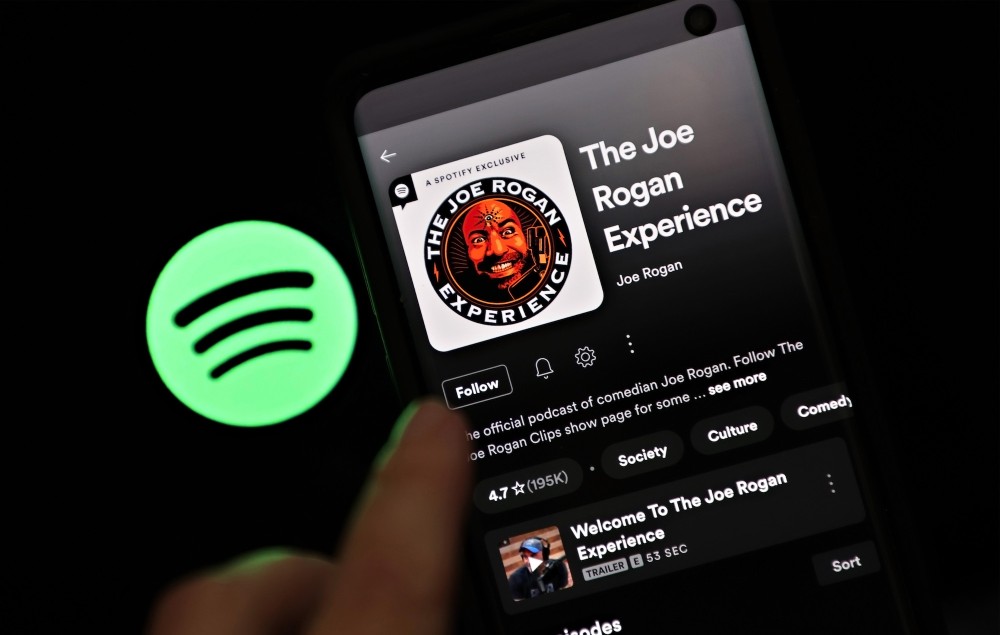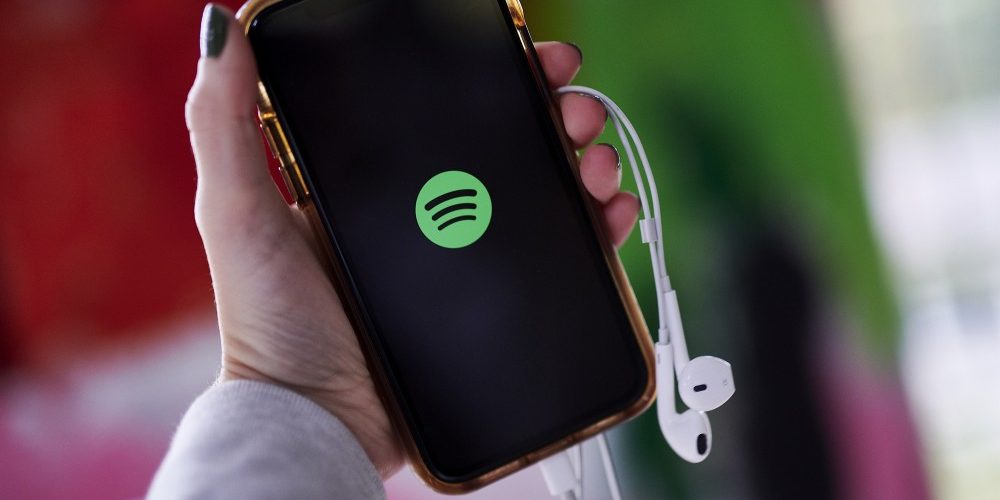Rock band to release 1,000-track album of 30-second songs to protest Spotify royalty rate
A rock band from St Albans have announced plans to release a 1,000-track album of 30-second songs in protest at Spotify‘s royalty rates.
The under-fire streaming service’s model means that a single stream of a song, and the revenue that brings in, is activated after just 30 seconds of airtime.
As such, The Pocket Gods have decided to release a new album of songs that are all around the 30-second mark, inspired by an article in the i by New York-based music professor Mike Errico, who said that Spotify’s methods surrounding what constitutes a stream could signal the end of the three-minute pop song.
“I saw the article and it made me think, ‘Why write longer songs when we get paid little enough for just 30 seconds?’,” The Pocket Gods frontman Mark Christopher Lee told i News.
The new album – ‘1000×30 – Nobody Makes Money Anymore’ – directly references Spotify’s business model, and as such Lee says that it means the band “run the risk of being thrown off the platform”.
Of the process of writing the album, he added: “We wrote and recorded 1,000 songs, each a shade over 30 seconds long for the album. The longest is 36 seconds. It is designed to raise awareness about the campaign for fair royalty rates.”
Speaking of one particular song called ‘0.002’ – the amount of money they receive per stream – Lee said: “We used to get 0.007p a play, still a pittance but that seems to have been cut since Spotify bought the Joe Rogan Experience podcast for $100m.”

“Spotify is a great musical resource and it allows indie bands like us to upload our music without record companies,” the frontman added. “I also believe in free speech even though I’m a massive Neil Young fan so I don’t support the boycott. We just want to raise awareness of the royalties issue.”
In January, hundreds of scientists and medical professionals asked Spotify to address COVID-19 misinformation on its platform, sparked by comments made on The Joe Rogan Experience. The 270-plus members of the science and medical community signed an open letter, which called Rogan’s actions “not only objectionable and offensive but also medically and culturally dangerous”.
Following the publishing of that letter, Neil Young demanded his music be “immediately” removed from the platform, with many high-profile artists like Joni Mitchell, David Crosby and Graham Nash following suit.
Since then, a consumer poll from Forrester Research has found that 19 per cent of the streaming service’s customers have since cancelled their subscriptions, or plan to in the near future. Although 54 per cent of responders said they have no intention of cancelling their plans, another 18.5 per cent said they would consider cancelling if more music was removed from the platform.
On Thursday (February 3), Spotify boss Daniel Ek said it was “too early to know” what impact the row surrounding Rogan’s podcast would have on the company’s future. Since the controversy began, Spotify’s shares have fallen by more than 10 per cent and, on January 30, it was reported that the platform had lost more than $2billion (£1.5bn) in market value.
“Usually when we’ve had controversies in the past, those are measured in months, not days,” Ek told Spotify’s investors. “We don’t change our policies based on one creator, nor do we change based on any media cycle or calls from anyone else.”
Last October, several major streaming services proposed the “lowest royalty rates in history” ahead of a royalty rates review in the US.
